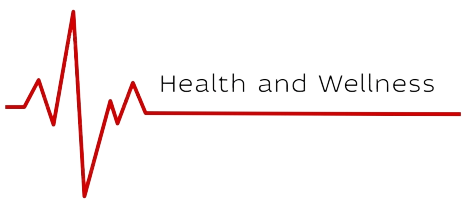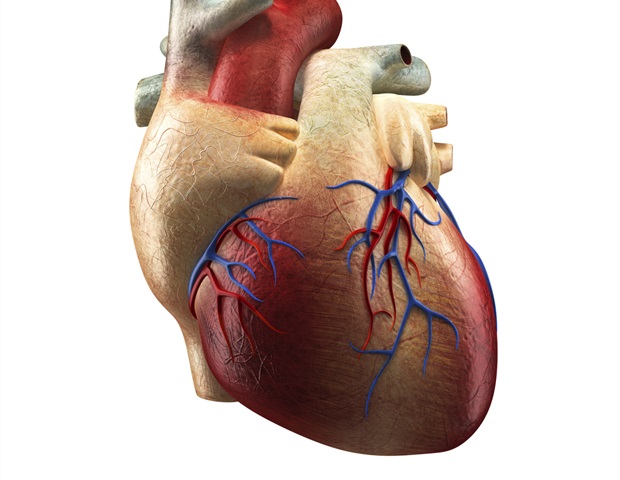Does hormone-modulating remedy for breast most cancers therapy have an effect on threat for Alzheimer illness and associated dementias?

In a latest examine revealed in JAMA Community Openresearchers investigated the affiliation between hormone-modulating remedy (HMT) for breast most cancers therapy and the danger of growing Alzheimer’s illness and associated dementias (ADRD) (a bunch of cognitive problems inflicting reminiscence loss and impaired considering) in ladies aged 65 years or older.
Research: Alzheimer Illness and Associated Dementia Following Hormone-Modulating Remedy in Sufferers With Breast Most cancers. Picture Credit score: LightField Studios/Shutterstock.com
Background
Breast most cancers is probably the most generally identified most cancers amongst ladies in america (US), with 83% of invasive instances occurring in ladies aged 50 and above. Though breast most cancers incidence charges have risen by 0.5% yearly since 2000, declining mortality charges have led to over 2.5 million survivors aged 65 and older.
This improve raises issues about treatment-related issues, significantly the danger of ADRD. Whereas HMT has improved survival charges, its impression on cognitive perform and ADRD threat stays unclear.
Additional analysis is required to make clear the inconsistent findings on HMT’s impression on ADRD threat amongst breast most cancers survivors.
Concerning the examine
The examine cohort, drawn from the Surveillance, Epidemiology, and Finish Outcomes (SEER)-Medicare-linked database, included sociocultural, demographic, and medical data for people identified with breast most cancers. The database hyperlinks SEER most cancers registry knowledge with Medicare claims, permitting complete evaluation over a affected person’s protection interval.
Ladies aged 65 and older with newly identified breast most cancers from 2007 to 2009 had been included, excluding these with preexisting ADRD or prior HMT use.
HMT publicity was outlined as initiating at the very least one HMT remedy inside three years of analysis, recognized by Nationwide Drug Code (NDC) and Healthcare Widespread Process Coding System (HCPCS) codes for selective estrogen receptor modulators (SERMs), aromatase inhibitors (AIs), and selective estrogen receptor degraders (SERDs).
The end result was time to ADRD, recognized utilizing the Worldwide Classification of Ailments, Ninth Revision (ICD-9) and ICD-10 codes.
Baseline traits had been summarized and evaluated utilizing t-tests or χ2 checks. Sufferers had been assigned to the HMT group based mostly on their standing as HMT initiators, with a propensity rating weighting strategy used to steadiness covariates between teams. Dying was handled as a competing threat, and immortal time bias was addressed by attributing it to the management group.
Two fashions had been used to guage the affiliation between HMT and ADRD threat, contemplating age and race interactions.
Subgroup analyses examined disparities throughout racial teams and HMT sorts. Statistical analyses had been carried out utilizing SAS and R, with significance set at a two-sided P worth of .05.
Research outcomes
Of 184,979 newly identified breast most cancers sufferers (2007-2009), 18,808 ladies met inclusion standards. Amongst them, 12,356 (65.7%) obtained HMT inside three years post-diagnosis, whereas 6,452 (34.3%) didn’t.
The commonest age group was 75 to 79 years. Most girls had been White: HMT cohort had 809 Black (6.6%), 10,904 White (88.3%), and 643 different (5.2%); non-HMT cohort had 457 Black (7.1%), 5,622 White (87.1%), and 373 different (5.7%).
Imply age at analysis was 75 years (HMT) and 76 years (non-HMT). HMT initiation: 76.1% AIs, 23.6% selective estrogen receptor modulators, 0.3% selective estrogen receptor degraders. The imply HMT period was 24 months.
Propensity rating weighting addressed potential confounding results and enhanced comparability between the non-HMT and HMT teams.
Earlier than weighting, imbalances had been noticed amongst sociocultural, demographic, and medical variables. After weighting, equilibrium in baseline traits was achieved, and all subsequent analyses used this weighting technique.
Amongst 18,808 ladies, 2,926 (23.7%) HMT customers and 1,802 (27.9%) non-HMT customers developed ADRD by the tip of the follow-up interval.
A complete of 5,038 ladies (26.8%) died through the follow-up interval (HMT: 3,262 [26.4%]; non-HMT: 1,776 [27.5%]). HMT use was related to a statistically relative discount in ADRD threat (Hazard ratio (HR), 0.93; 95% CI, 0.88-0.98; P = .005).
Particularly, the HRs for initiating AI and SERM had been vital (AI: HR, 0.93; 95% CI, 0.88-0.99; P = .02; SERM: HR, 0.89; 95% CI, 0.81-0.96; P = .005), whereas SERD was not (HR, 0.37; 95% CI, 0.13-1.05; P = .06).
Subgroup analyses confirmed age-modified associations between HMT and ADRD threat. The best lowered threat was within the 65-69 age group (HR, 0.48), diminishing with age and turning into constructive in these 80 and older (HR, 1.40).
Racial variations had been evident, with Black ladies experiencing higher reductions in ADRD threat (HR, 0.78) in comparison with White ladies (HR, 0.94).
For Black ladies aged 65-74, HMT considerably lowered ADRD threat (HR, 0.76), with AIs displaying a barely higher impact. White ladies aged 65-74 additionally benefited (HR, 0.89), particularly with SERMs. HMT didn’t considerably change ADRD threat for different races in both age group.
Conclusions
To summarize, HMT is essential for treating hormone-positive breast most cancers however raises issues about cognitive impairment.
Analysis exhibits combined outcomes relating to HMT’s affiliation with ADRD threat. Utilizing a big cohort, the examine discovered a 7% relative threat discount in ADRD amongst HMT customers, confirmed by varied analytic strategies.
Age and race considerably affect ADRD threat, with youthful Black ladies displaying the best protecting advantages, which diminish however stay vital with age.
Youthful White ladies additionally profit, however this impact turns into insignificant after age 75. The kind of HMT additionally impacts ADRD threat, highlighting the necessity for personalised therapy plans.






